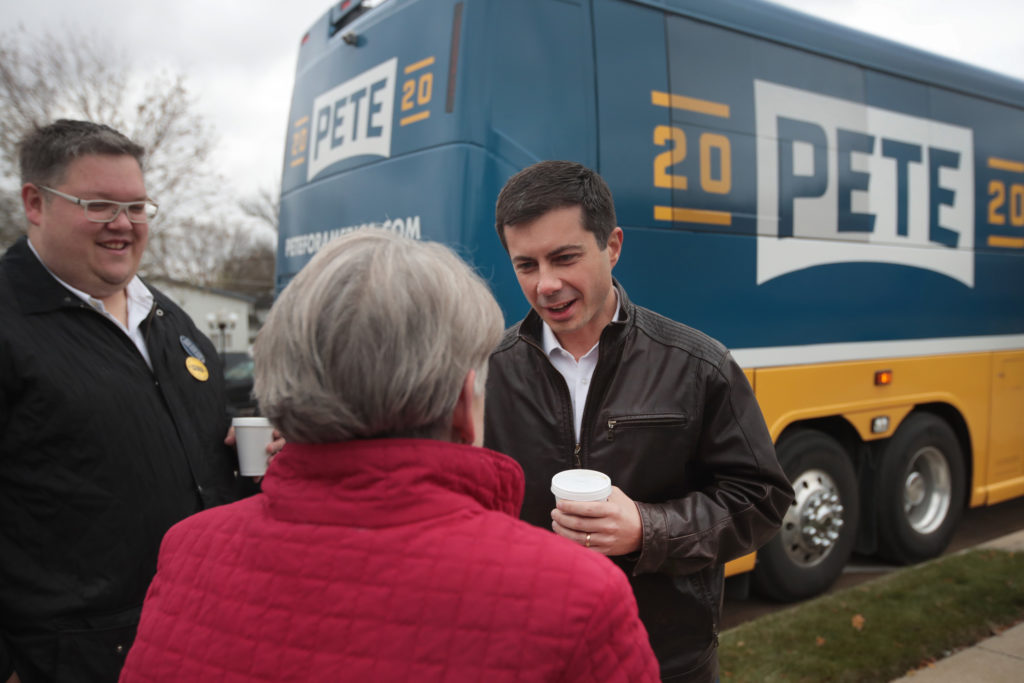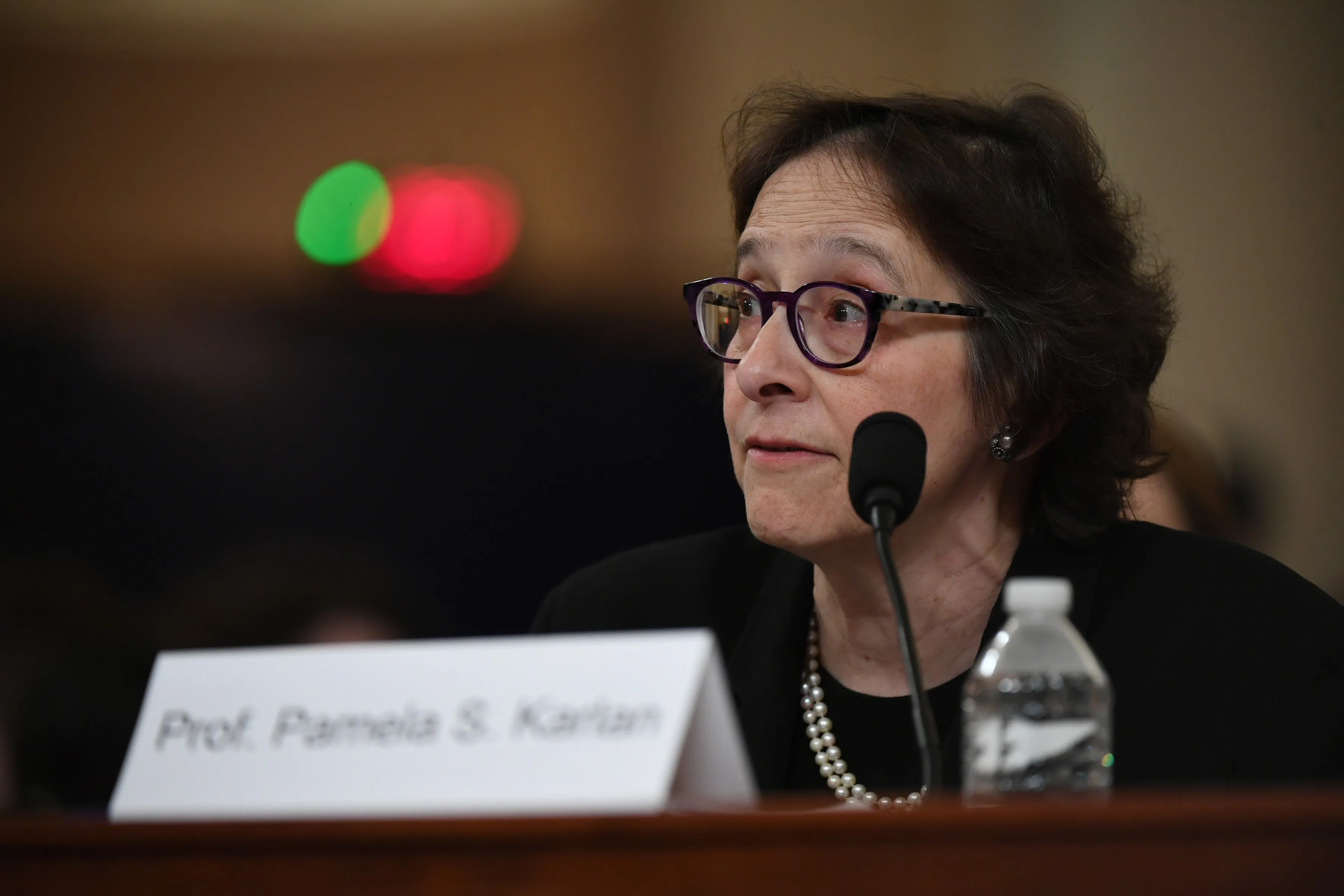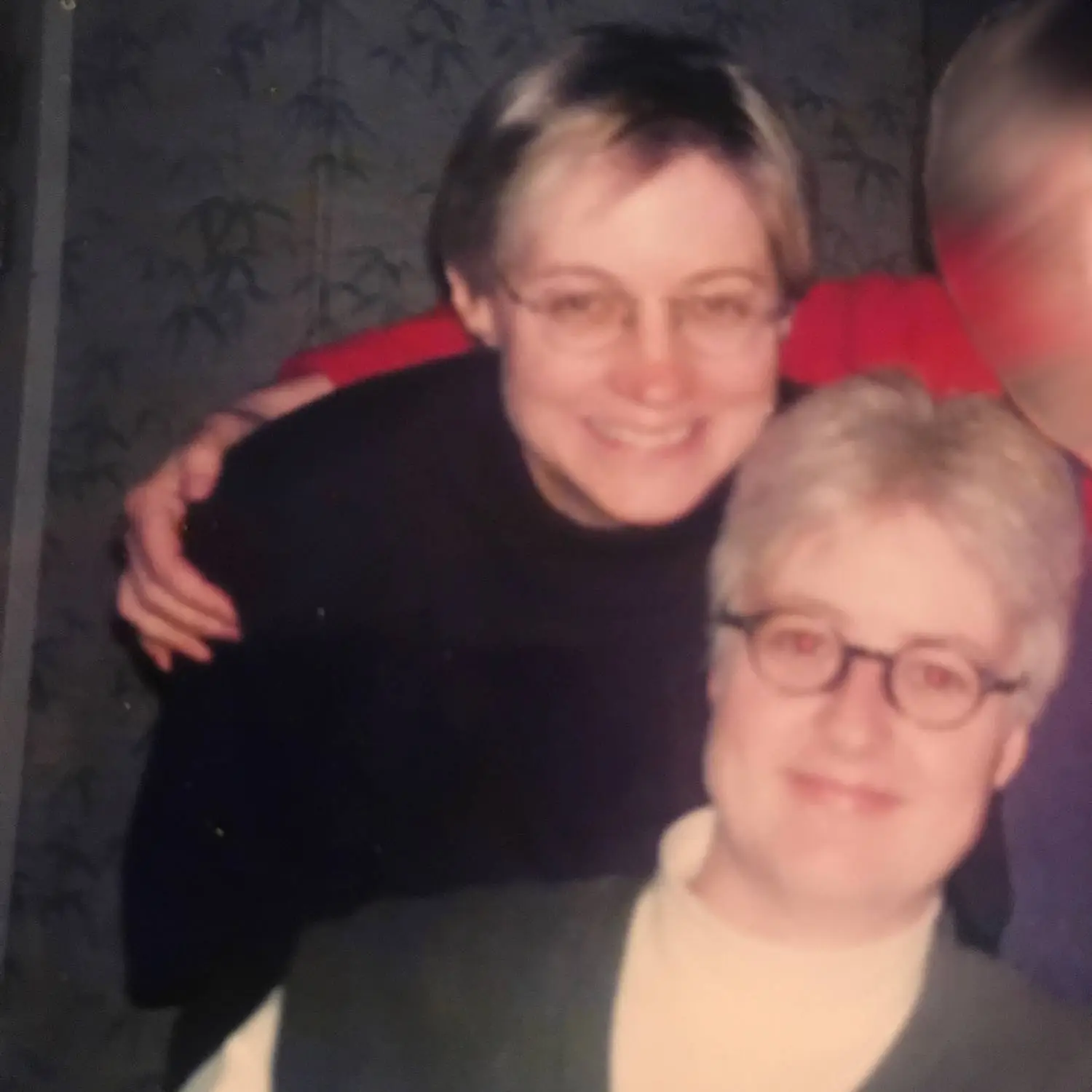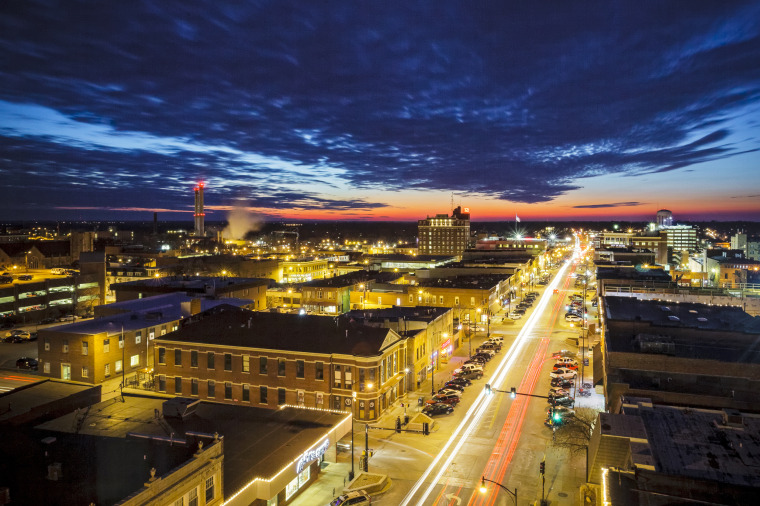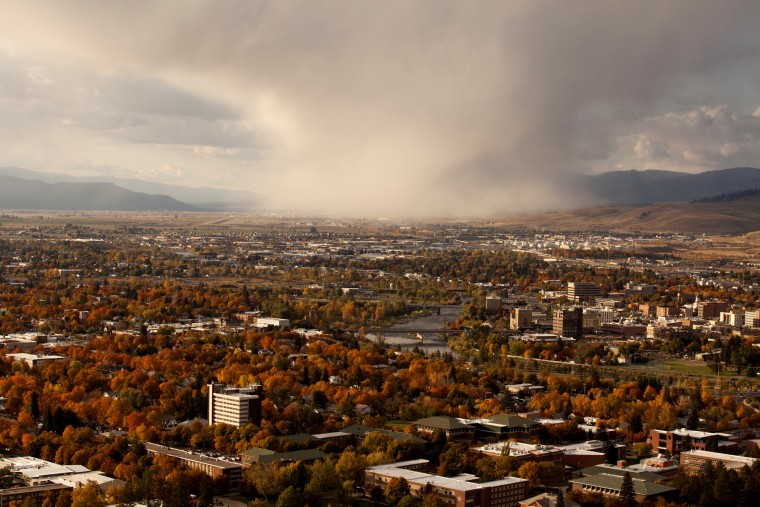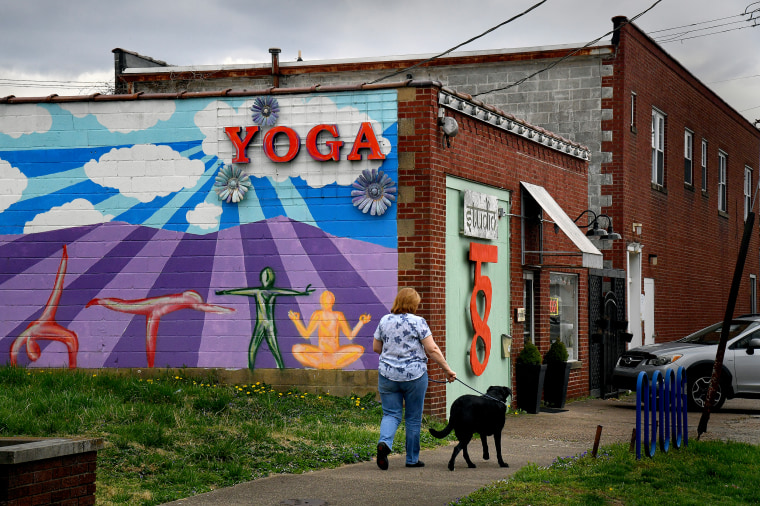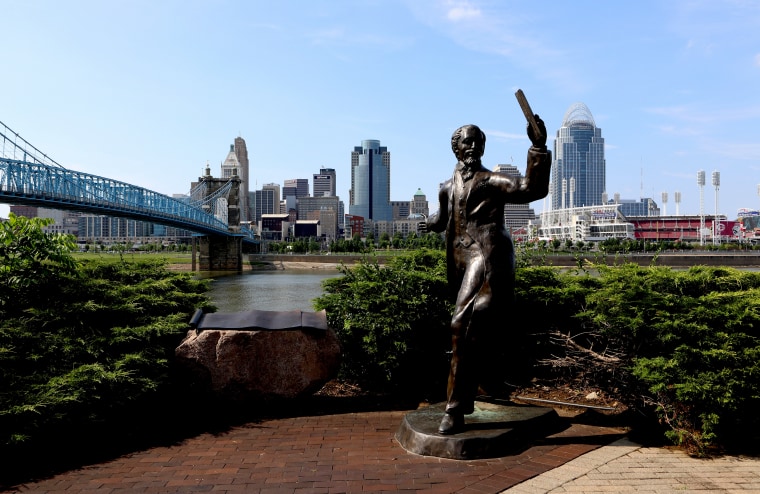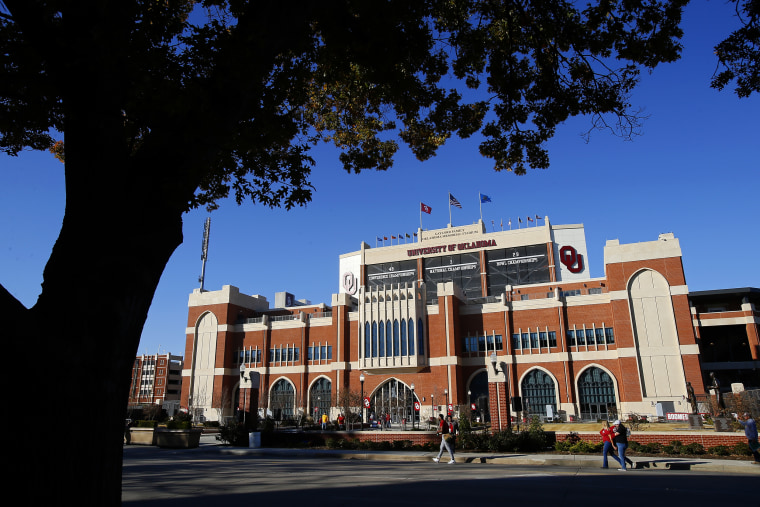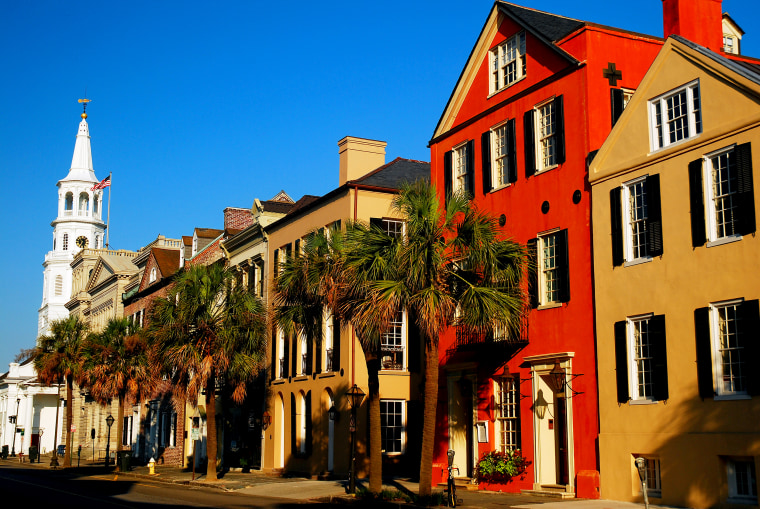The Stonewall riots of 1969 are often cited as the moment that gave rise to the modern LGBT+ rights movement. It was a seminal moment for LGBT+ people in the United States – but it wasn’t the first time gay people had protested against mistreatment.
Three years before the Stonewall riots kicked off, gay people in cities across the United States gathered to protest against their exclusion from the armed forces. The protests had been a long time coming. The US armed forces introduced a policy during World War II which excluded gay people from serving. They were often discharged by doctors for displaying “homosexual tendencies.”
“The discharge policy increased fear, reinforced hostility and prejudice, encouraged scapegoating and witch hunting, and helped to solidify gay men and women into a political movement against the military’s exclusion of homosexuals,” writes Alan Berube in Coming Out Under Fire.
The protests of 1966 came at a politically charged moment in time. As the Vietnam War gained steam, many gay people were starting to ask the question: why should they want to serve in the armed forces in the first place? The fight for inclusion had started to be seen as “old fashioned” by the “baby-boom generation of gay activists” who were questioning why gay people would want to serve in the face of war, according to Berube.
A ‘loose confederation’ of gay groups was formed to protest the armed forces’ exclusionary policies.
Despite reservations from some sections of the community, there was ample support for protests against the armed forces’ exclusionary policies. The idea of gay people mobilising was first conceived at the National Planning Conference of Homosexual Organizations in Kansas City. More than 40 gay activists attended the meeting and discussed how they could improve the standing of gay people in America. Out of this emerged the Committee to Fight Exclusion of Homosexuals from the Military, a “loose confederation” of homosexual groups across the US. They came up with a plan to launch the biggest ever gay demonstration the world had seen.
The government’s categoric rejection of all persons it knows to be homosexual is un-American and based on ignorance and superstition.
On May 21 that year, gay people gathered and protested against discriminatory military policies in Los Angeles, New York, Philadelphia, San Francisco and Washington D.C. The protest on Armed Forces Day was “the largest group of homosexual protestors” gathered up until that point in the United States, Josh Sides writes in Erotic City: Sexual Revolutions and the Making of Modern San Francisco.
Gay activists at the protests did not shy away from speaking out about their exclusion from public life. Activist Don Slater was asked by a Newsweek reporter why they were protesting, according to a contemporary report in Tangents magazine.
“Who wants to be drafted? Surely not the homosexual,” Slater replied. “But the government’s categoric rejection of all persons it knows to be homosexual is un-American and based on ignorance and superstition. Homosexuals are asking for equal rights and benefits from their country. At the same time they recognize their equal duties and responsibilities.”
Meanwhile, Cecil Williams addressed the crowd at the San Francisco demonstration, and said: “There is a homosexual revolution here and across the land. We protest against the Armed Forces’ policy of discharging ‘discovered’ homophiles under less than honorable conditions.”
Taking part in protests in 1966 was ‘a daring adventure’ for LGBT+ people.
The protests did not come without risk for the gay people taking part. Writing in a letter at the time, Del Martin – one of the founders of the protests – wrote: “This is quite a daring adventure for us. It is not like any other civil rights demonstration – having no popular support and being somewhat hazardous, if not disastrous, to the individual who reveals himself.”
While the protest did not encourage the military to overturn its discriminatory policy, it did raise the profile of gay people significantly. Media outlets across the country covered the protests. They were picked up by newspapers such as the San Francisco Chronicle, the New York Times, the Los Angeles Times and Newsweek. While not all the coverage was positive – the San Francisco Chronicle ran the story with the headline “Deviates Demand the Right to Serve” – it gave gay people a platform they had previously not had access to.
Bob Ross, secretary of the Tavern Guild, wrote that the public response to the protests was “favourable.”
“This was the communitys [sic] first try at demonstrating nationwide, and we understand that reaction was quite favourable across the country… we must move forward now, there can be no turning back.”
It is now more than 50 years since the protests took place – but that doesn’t mean the battle is over. In 1994, the Clinton administration introduced the infamous “Don’t Ask, Don’t Tell” policy, which encouraged gay people to stay in the closet while serving in the military. That policy was finally repealed in 2011.
Furthermore, a longstanding ban on trans people serving in the military was lifted by the Obama administration in 2016. However, current US President Donald Trump quickly reversed that decision, and reintroduced the ban.
The legacy of those activists who fought for their inclusion in the armed forces in 1966 lives on because the fight is not yet won for LGBT+ people.
